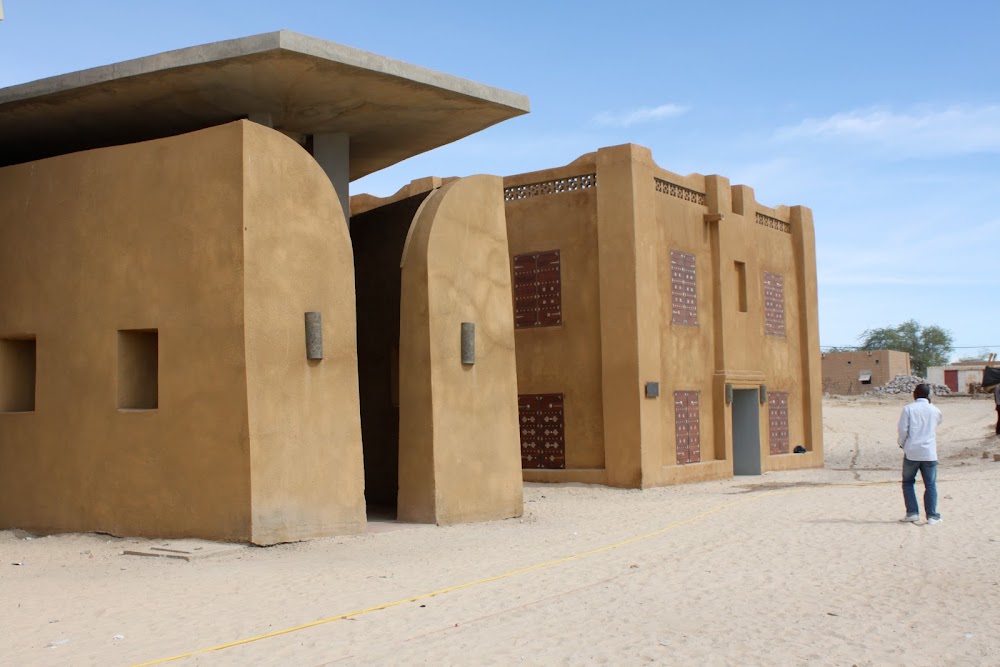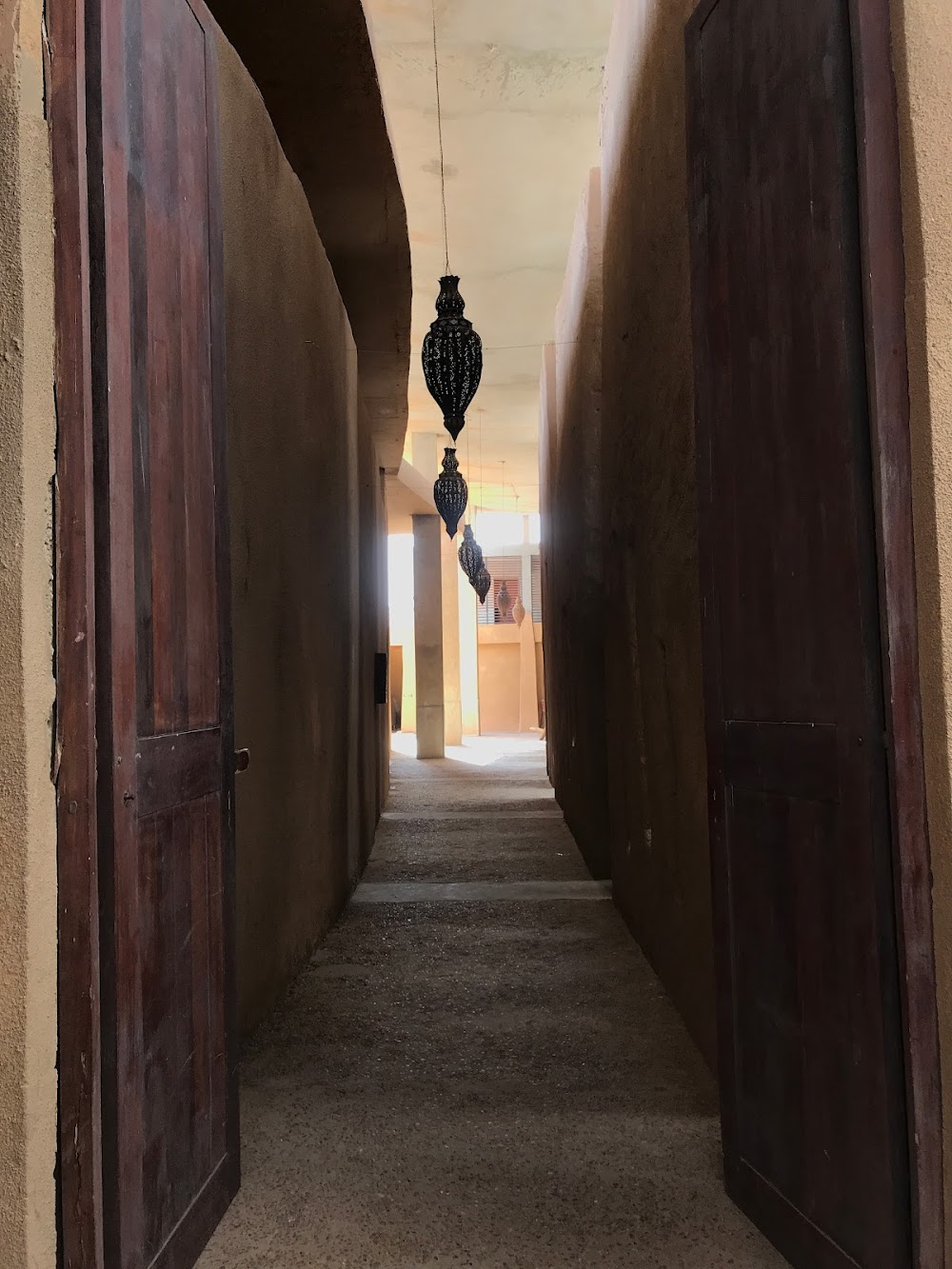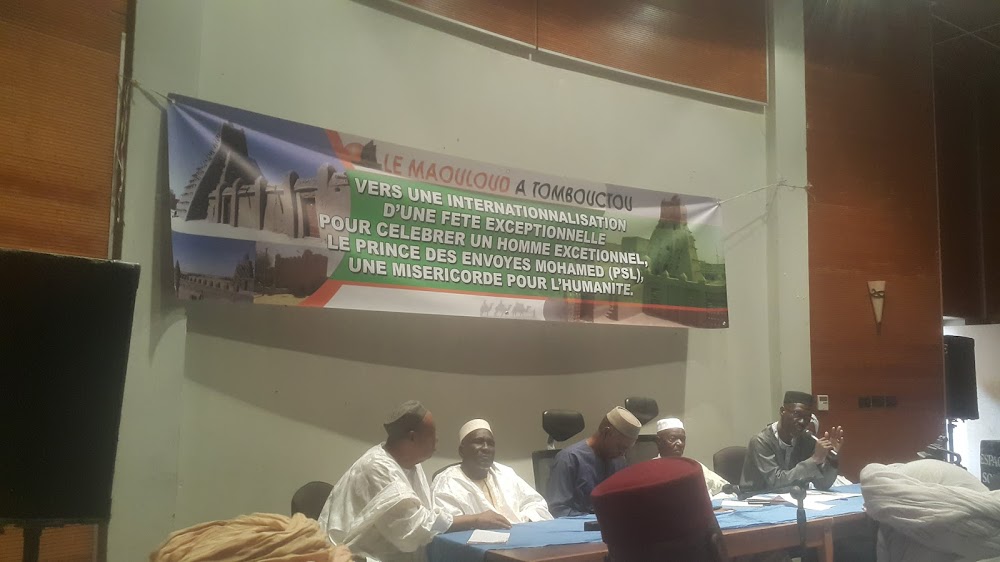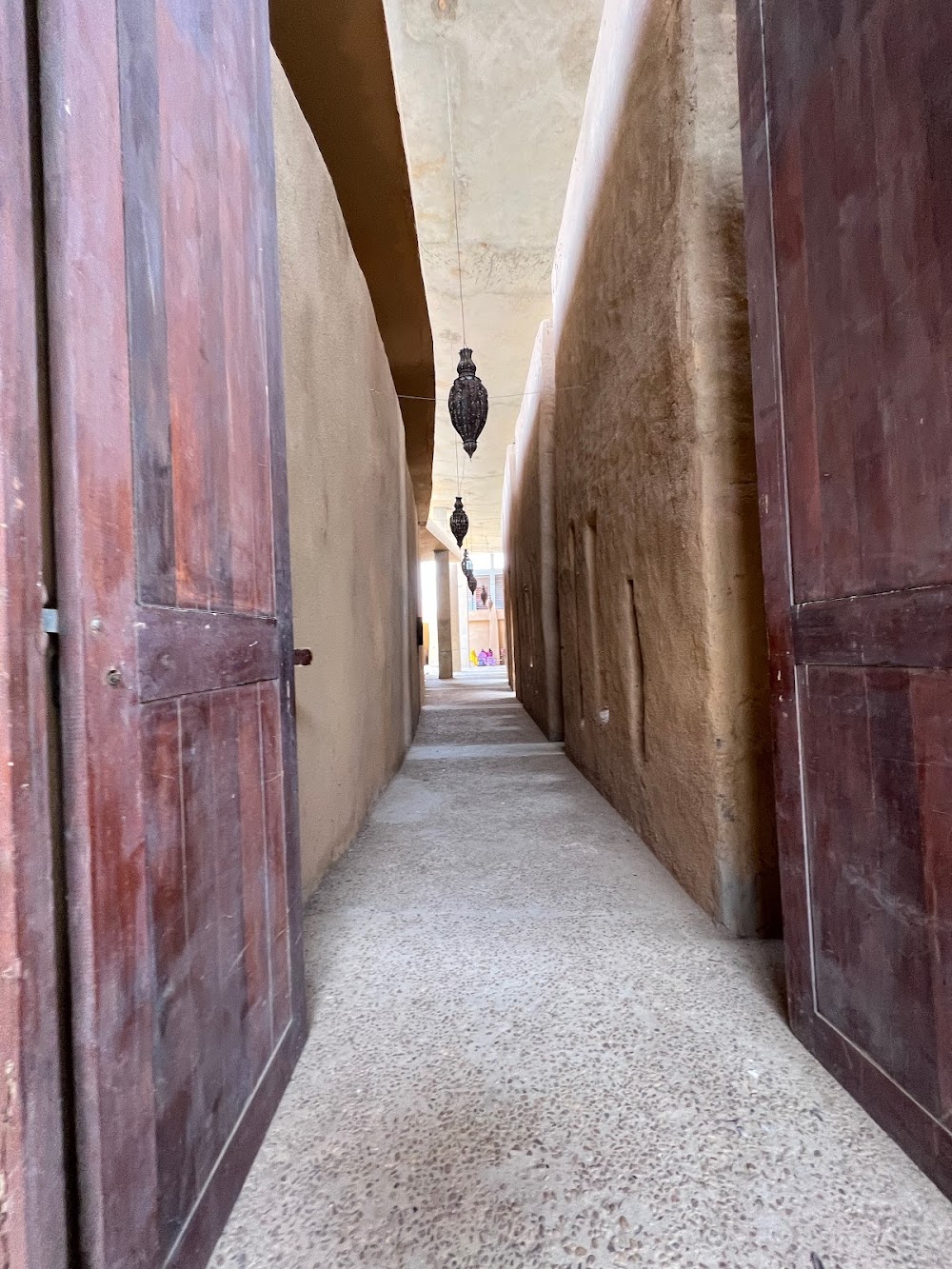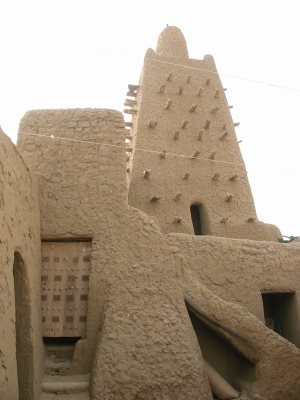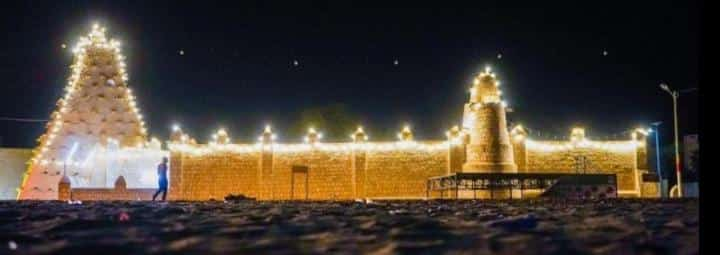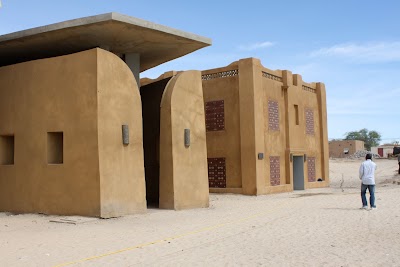Timbuktu Manuscripts (Manuscrits de Tombouctou)
Overview
In the heart of the Tombouctou Region of Mali lies the Ahmed Baba Institute, a remarkable center of knowledge and history. Named after the esteemed 16th-century scholar Ahmad Baba, the institute is dedicated to preserving the invaluable manuscripts of Timbuktu, which illuminate a rich tapestry of cultural and historical narratives. Ahmad Baba's legacy as a dedicated intellectual resonates within these walls, reminding us of the power of learning.
Constructed in the early 1970s through a collaborative effort between the Malian government and UNESCO, the Ahmed Baba Institute was established to safeguard the unique manuscripts that have withstood centuries of adversity. These manuscripts encompass a wide array of subjects, including astronomy, medicine, mathematics, literature, and Islamic law, showcasing the sophisticated scholarly life that once flourished in Timbuktu.
The architectural design of the Ahmed Baba Institute harmoniously blends traditional African elements with modern aesthetics. Constructed with sun-dried mud bricks and wooden beams, it reflects local Malian design, ensuring that it complements its historic surroundings. To protect the manuscripts from the harsh Saharan climate, the institute features specially designed storage rooms equipped with climate control systems that manage temperature and humidity effectively.
Inside the institute, visitors will discover state-of-the-art facilities for studying, cataloging, and restoring the manuscripts. Dedicated areas are allocated for researchers and scholars who travel from around the globe to explore these ancient texts. Additionally, advanced digitization equipment is available to create digital copies of the manuscripts, ensuring their preservation and accessibility for future generations.
The Ahmed Baba Institute has faced significant challenges over the years, particularly during the conflict in Mali in 2012 when rebel groups occupied Timbuktu. Thanks to the courageous efforts of local librarians and volunteers, many manuscripts were smuggled out of the city and hidden away for safekeeping, effectively preventing their destruction. Following the conflict, extensive efforts were made to restore the institute and return the manuscripts to their rightful place.
Today, the Ahmed Baba Institute continues its essential mission to safeguard these manuscripts while promoting Mali's rich cultural heritage. It hosts a variety of educational programs, workshops, and exhibitions designed to raise awareness about the historical significance of Timbuktu’s manuscripts. Visitors are invited to witness the meticulous processes involved in manuscript restoration and gain valuable insights into the scholarly traditions of ancient Mali.
Ultimately, the Ahmed Baba Institute stands as a testament to the enduring spirit of knowledge and cultural preservation. Its walls not only house centuries-old manuscripts but also embody the collective efforts of communities and organizations dedicated to protecting our shared heritage. In an ever-changing world, the institute remains a steadfast symbol of the importance of education and the preservation of history for future generations to appreciate and learn from.


